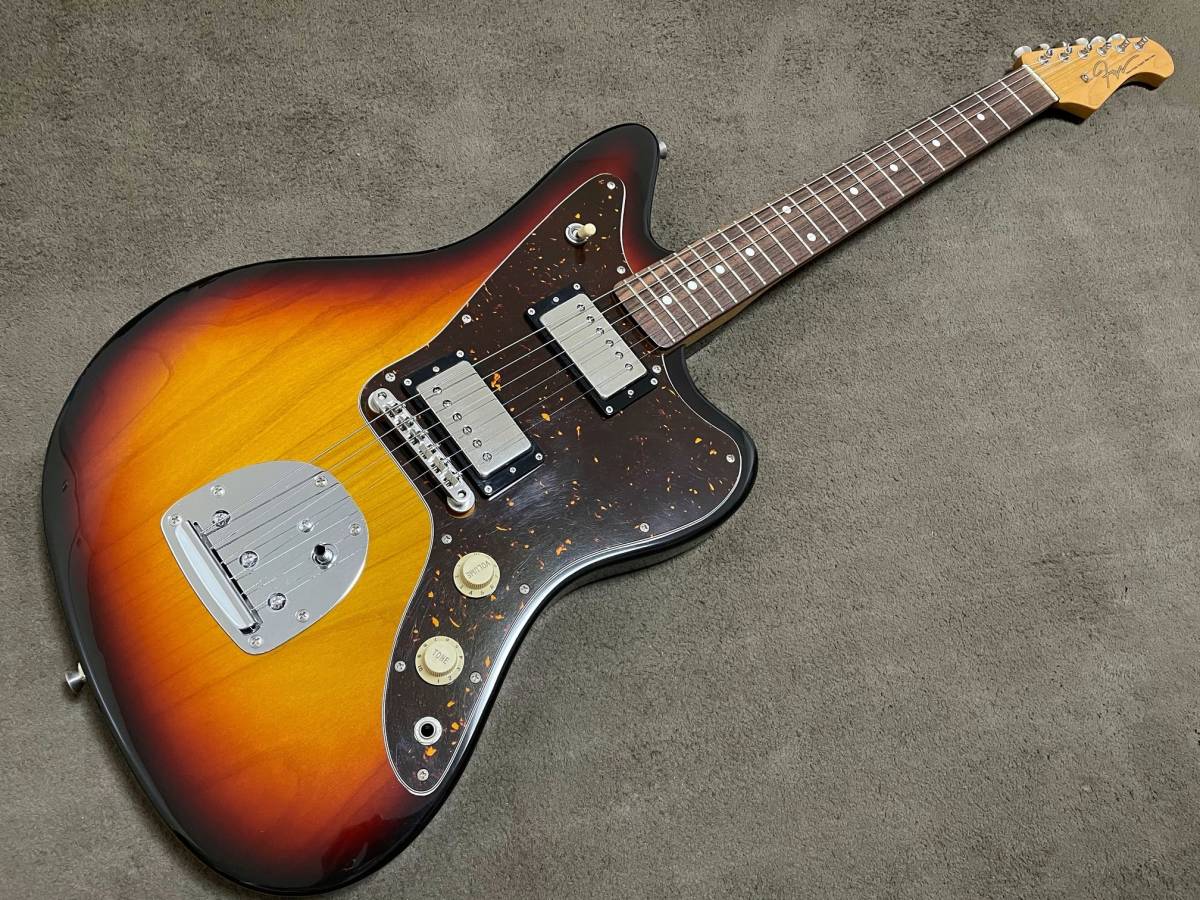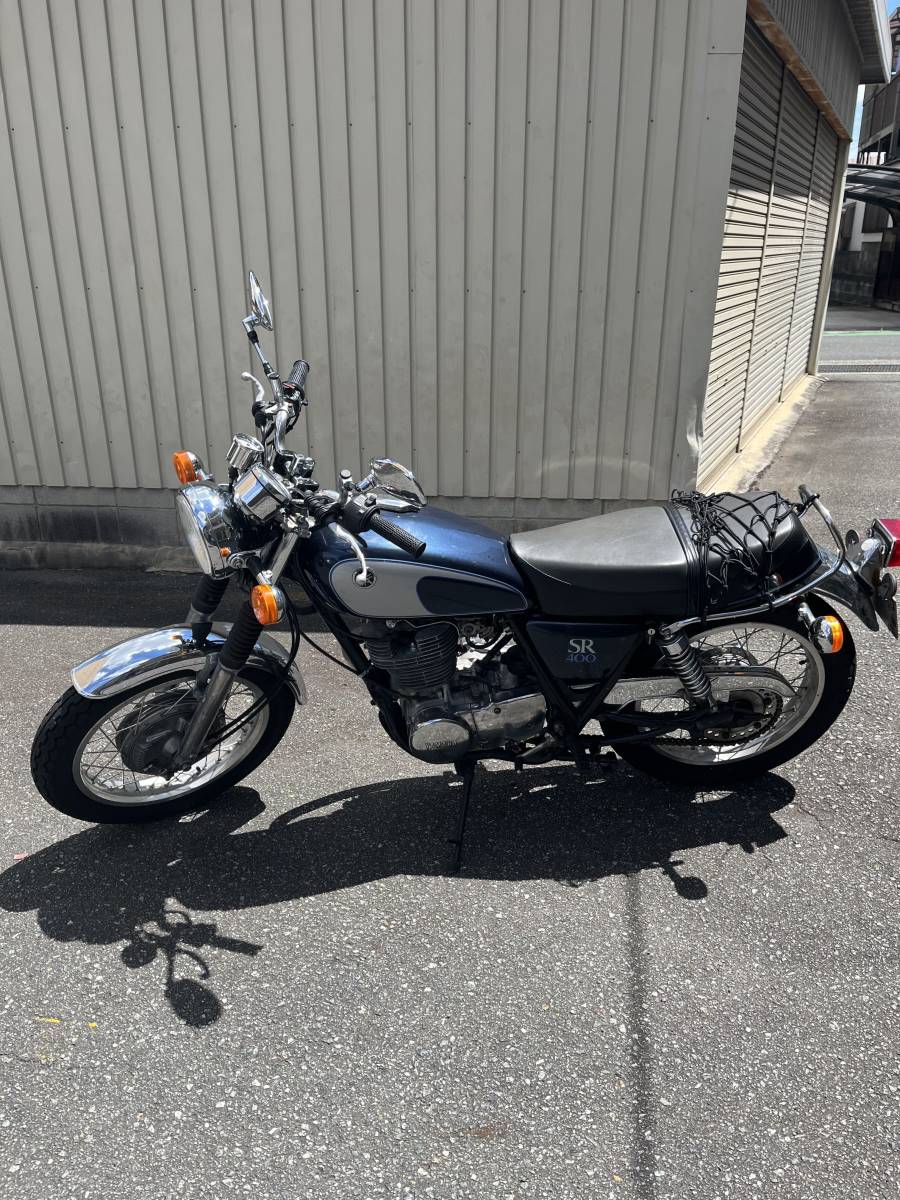
マイストア
変更
お店で受け取る
(送料無料)
配送する
納期目安:
06月20日頃のお届け予定です。
決済方法が、クレジット、代金引換の場合に限ります。その他の決済方法の場合はこちらをご確認ください。
※土・日・祝日の注文の場合や在庫状況によって、商品のお届けにお時間をいただく場合がございます。
ウィッカ ソーラー電池 腕時計 レディース KK3-310-10の詳細情報
新品です。 半額以下です! KK3-310-10 ソーラーテック搭載・5気圧防水 価格: 23,000円 + 税 ソーラー時計 スクレ・ラデュレ×wicca ブルーバンド 保証書あり
ベストセラーランキングです
近くの売り場の商品
カスタマーレビュー
オススメ度 4.4点
現在、1867件のレビューが投稿されています。
























